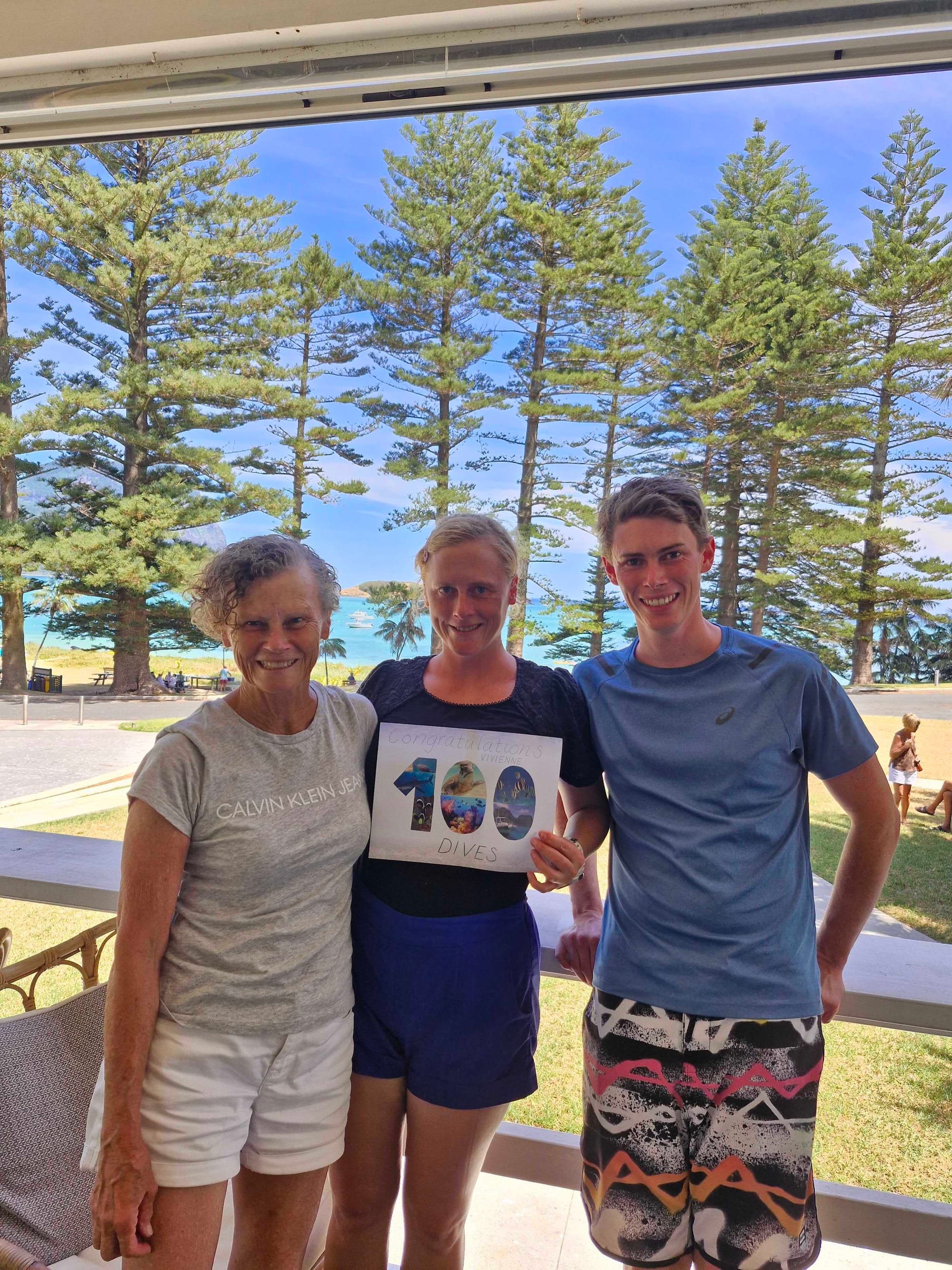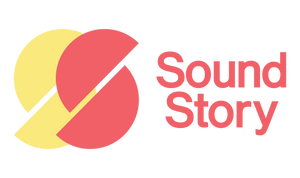Welcome to SWOT by Sound Story, your weekly inside track on the Strengths, Weaknesses, Opportunities and Threats looming for the entertainment industry.
If you're not already subscribed, you can join SWOT here.
⚡ Trending: Music streaming service Spotify has long complained that Apple’s App Store rules put unfair restrictions on its business. The European Commission agreed, fining Apple $2 billion. Words by Morgan Meaker. Source: Wired.
🎵 Music: Sia leads the way on Spotify’s “Australian Music Global Impact List,” a newly-published impression of the top tracks from Aussie acts across the calendar year. Words by Lars Brandle. Source: The Music Network.
📰 Media: Broadcaster SCA has rejected a takeover proposal by competitor ARN Media and private equity firm Anchorage Capital Partners. Words by Chris Pash. Source: AdNews.
💰 Advertising: Did somebody say ‘spend less’?: Menulog parent axes $250m from marketing budget. Words by Arvind Hickman. Source: B&T.
📲 Tech: Hybe’s CEO delivered some strong fiscal results to investors last week. Except it wasn’t him. It was an AI clone. Words by Murray Stassen. Source: Music Business Worldwide.
📜 Government: Kylie Minogue, Jimmy Barnes’ record label wants more money from radio. Words by Sam Buckingham-Jones. Source: The AFR.
🌶️ Spicy: ‘Cloning herself’: Liberal Senator’s embarrassing social media fail. Words by Angira Bharadwaj. Source: Townsville Bulletin.
Strength: Brands Looking Beyond Simple Syncs
Think of PNAU. What comes to mind? The soaring heights of “Embrace”? The way the Australian music act managed to bring Sir Elton John and Dua Lipa together in a season-defining track? The moment the trio surged into Spotify’s global Top 100 Artists Club? Perhaps it’s another of their iconic remixes? You probably didn’t say: “Chips. Chips is what comes to mind when I think of PNAU.”
👉 And yet, chips – more specifically Red Rock Deli Chips – is the subject of both their latest remix and most recent brand partnership.
👉 As detailed in Mumbrella, the track forms part of Red Rock Deli’s ‘Awaken Your Senses’ campaign. The track “All Your Energy” includes samples such as a chilli ‘clap’, lime ‘synth’, sour cream ‘tambourine’ and chip crunch ‘hi-hats’.
👉 PNAU’s Nick Littlemore said: “Working with Red Rock Deli on All Your Energy has been an interesting space for us to play in. The fusion of music and food is something we haven’t done before, and it set a new challenge for us. ‘All Your Energy’ is a quintessential PNAU track but with complex new layers for our fans to explore.”
👉 Vandita Pandey, chief marketing officer ANZ snacks & beverages, PepsiCo, said: “Red Rock Deli is a brand that is constantly pushing the boundaries of complex and layered flavour. We believe in offering more than just a tasty chip, an experience that will awaken your senses and make life more rich, interesting and textured.”
👉 We’ve seen similar innovations used by adidas alongside professional footballer Caitlin Foord and artists Mallrat and Kwame – where a track was crafted out of the sounds of Foord’s professional training drills.
👉 It’s not new for brands to work with musicians and creators, but these initiatives also come at a time when industry insiders such as Tom Stingemore are arguing that “the music industry’s sync licensing process is no longer fit for purpose”.
👉 As per Music Business Worldwide: “The process of sync licensing has not evolved to any great extent for over 50 years but while we wait for that evolution, our artists, songwriters and rights holders are losing significant revenue due to the notoriously complex, unwieldy and time-consuming manual clearance process that prospective users of their songs are currently required to undergo.”
👉 So “All Your Energy” may not be your all-time-favourite PNAU song, but initiatives such as this do offer an additional revenue stream for artists, and also equally platform their creativity and creation along with whatever product is being pushed.
Weakness: The Risks and Rewards of ‘Exclusive’ Deals
This week, ABC News asked people on social media: “What do you think about cities paying artists to exclusively play there?” citing the Western Australian Government’s deal with Coldplay, and the revelation that Taylor Swift was “avoiding” other south-east Asian countries because she had an exclusive deal with Singapore.
Sometimes, exclusive gigs are seen as an overall win, and are painted more positively by the media. The Foo Fighters’ exclusive night in Geelong in 2022, for example, was described by The Guardian as an “utterly euphoric” and “historic night for live music in Australia”.
Despite asking the question of its social media audience, the comments are now turned off on the ABC’s original Instagram post. So, instead, the Sound Story team is asking: What's the biggest risk of making these deals and 'selling the story' to consumers and fans?
📌 Jake: Why aren’t you coming to Hobart? What about Adelaide! No dates in Perth? The comments thread following a tour announcement is almost always a mix of excitement and disappointment – depending on where you live. Add to that mix a global superstar like Taylor Swift, and the sentiment is amplified even further. And now, with the growing trend of state-based tourism bodies competing against each other to secure top-tier artists for exclusive shows in their respective cities, the stakes are ever higher. Good for promoters? Yes! Great for tourism? Absolutely! Healthy for building long-lasting connections with superfans outside of Destination Wherever? Nope! The risk, over time at least, is fewer Aussies getting the opportunity to see more live music. Isn’t that the very problem we are all trying to solve?
📌 Zanda: Despite the current digital age making everyday real human connection less necessary, a desire for live experiences remains a powerful tool. And the value of premium live experiences as a tool for driving tourism has not been lost on government bodies wanting to boost the visitor economy. The result is that live concerts and sporting events no longer take place on a pure-demand basis (though arguably this has never truly been the case). Taylor Swift’s exclusive deal with Singapore has angered fans and nearby countries, but proved a boon for Singapore with a sold-out run of shows. Not all examples of government intervention in hosting live events recently have been so successful, with Australia’s premier football competition the A-League forced to backflip on a decision to sell the rights to its Grand Final to Destination NSW after a fan boycott.
Opportunity: Disrupting the Ticketing Landscape
This week, The Music Network’s Lars Brandle had an exclusive that New Zealand’s EventFinda is looking to launch a ticketing platform which will “put control back into the hands of venues and promoters”.
👉 According to TMN, the new offering is on its way to Australia. It will be a subscription-based model to a proprietary software, which will “allow venues to assume control of their ticketing for a fixed monthly cost, with no locked-in per-ticket fees”.
👉 Venues and promoters would also see all their ticketing revenue upfront.
👉 “It’s a brand new way to think about ticketing,” a source at Eventfinda said, noting that Australia’s ticketing market – led by Ticketmaster (part of Live Nation) and Ticketek (part of TEG) – is “ripe for disruption”.
👉 TMN also cited statistics from Live Performance Australia (LPA), which showed that ticketing revenue in 2022 was $2 billion, up nearly 200% year-on-year, and a 2.9% lift on the pre-COVID 2019.
👉 In 2022, there were also 24.2 million tickets changing hands across Australia, a 123% YOY increase, and a 1.5% gain on the “before time” of 2019.
Threat: Meta’s Ongoing Tantrum
This week, Facebook (and its parent company Meta) reminded publishers, and the Australian Government, that it doesn’t like being told what to do.
👉 This phase of Meta’s ongoing tantrum, was sparked when it announced it was going to “deprecate” Facebook News – the dedicated tab for news content – in the U.S. and Australia, after taking similar action in the U.K., France and Germany.
👉 It’s also going to walk away from its commercial deals (once they expire) with some of Australia’s largest news publishers off the back of the News Media Bargaining Code.
👉 Meta said: “The number of people using Facebook News in Australia and the U.S. has dropped by over 80% last year. We know that people don’t come to Facebook for news and political content — they come to connect with people and discover new opportunities, passions and interests. As we previously shared in 2023, news makes up less than 3% of what people around the world see in their Facebook feed, and is a small part of the Facebook experience for the vast majority of people.”
👉 Facebook has a unique ability to change (or manipulate) what people see, preference and reward certain content and interactions, deprioritise previously popular aspects of the platform, and then claim it’s actually user preference guiding their decisions, not the other way around.
👉 This declaration of intent by Meta has been enough to (rightly) spark fears in some publishers that something more drastic could be on the horizon. (Remember when it literally switched off access to news on its platform?)
👉 As a precaution, many social-first, or social ‘reliant’, publishers are now ramping up their efforts to get their audiences to engage directly with their newsletters, podcasts and other platforms.
👉 One such publisher is The Daily Aus, which also released a podcast about their fears, and how ‘meta’ it’s all becoming.
👉 Co-founder and podcast co-host Zara Seidler said on the podcast: “We’re often hesitant… to talk about stories to do with media. I think it can sometimes feel a bit ‘insider-y’, a bit like ‘Who, outside the industry, possibly cares about our industry?’ But I do think that this story has now passed the threshold, where it’s going to impact not just news publishers, but also the people consuming news.”
👉 Some of us at Sound Story, who have reported on this issue for years when we were journalists, were frustrated that publishers had seemingly fallen into Facebook’s honey trap AGAIN. They have, after all, not been overly loyal in the past.
👉 Zara, however, and he co-host and co-founder Sam Koslowski, were self-aware enough to own the risks and rewards of what they’ve done.
👉 Sam said: “You [Zara] and I have been having this discussion for a long time, and that’s why we’ve been so focused on building out other products of the business like a podcast, or a newsletter, and spaces where we can have a more direct relationship with the audience. There’s this really interesting analogy that people often say to us, of a rented audience versus an owned audience, and that’s the truth of social media – you’re renting the audience from the social media platforms…”
👉 “And it can be taken away at any minute. And that’s their right. It’s a private company…,” Zara interjected]
👉 “So we need to keep focusing on building those relationships directly with people we’re talking to right now, our listeners, and people that read our newsletter in the morning, because our society will always need news. Where they get it might shift, but we need to turn up wherever people – especially young people – are,” Sam concluded.
👉 Beyond that, Sound Story is just relived The Daily Aus has finally (maybe) moved on from #Fontgate.
The Fun Stuff
Quote of the Week: “Radio, we need your support and income like never before,” – Michael Chugg AM, Founder Chugg Entertainment and Music Australia Council Member on the campaign to remove radio caps
🎧 Podcast of the Week: Kara Swisher is tech’s most feared and revered journalist. She is the host of the popular ‘On with Kara Swisher’ podcast, and just released her memoir ‘Burn Book: A Tech Love Story’. On the latest episode of 'On', the tables are turned with Don Lemon asking the questions. It’s a riveting listen!
Team Tidbit: Sound Story’s Vivienne Kelly recently snuck off to the beautiful Lord Howe Island. Last year while there, she fell off the towering Mount Gower, whereas in 2024, she hit a different kind of milestone – Viv clocked up her 100th scuba dive, and her mum made her this cute little sign.

Viv clocked up her 100th scuba dive on Lord Howe Island.





